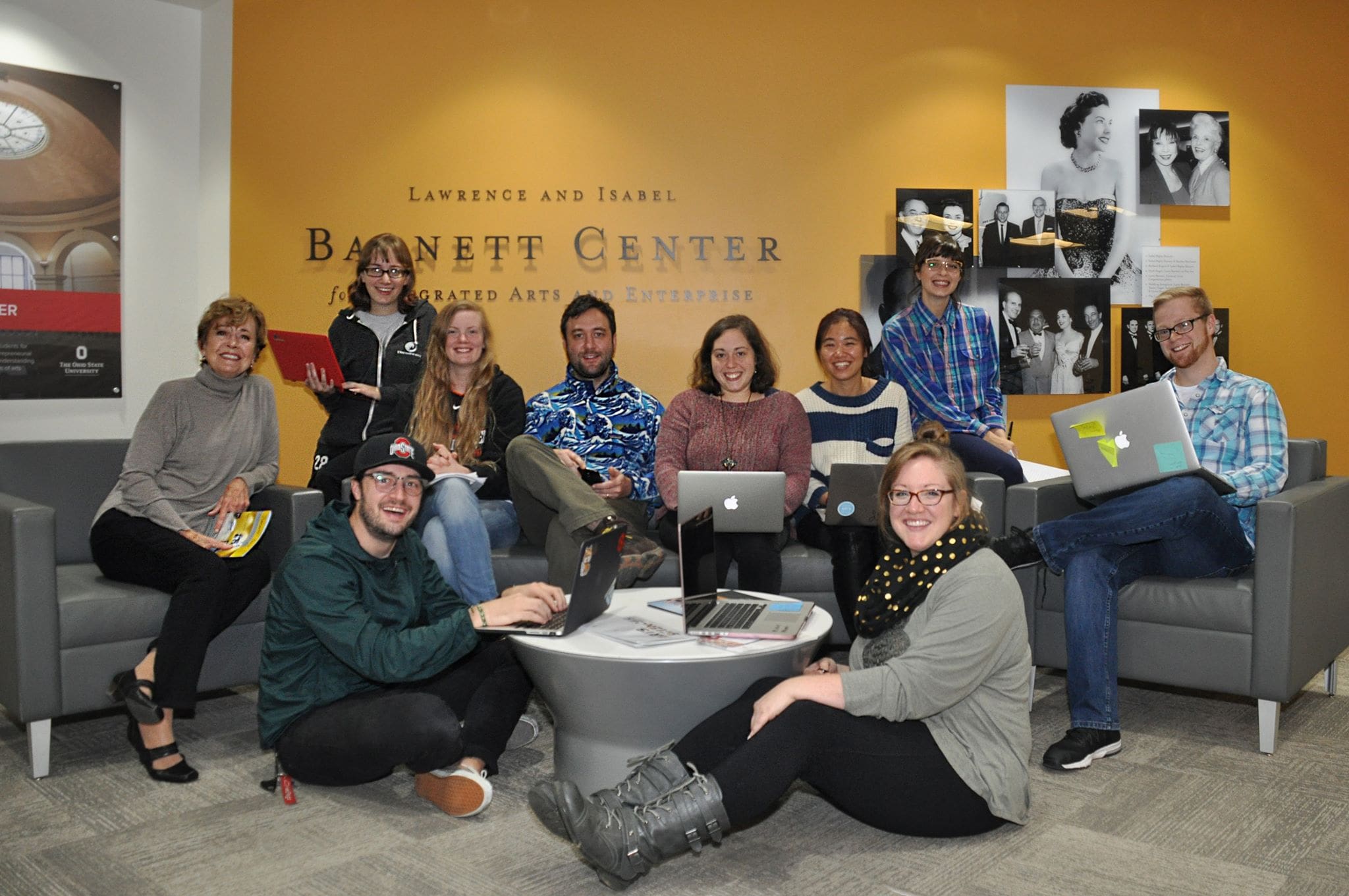

The MA in Arts Policy and Administration program is a dual program between the Department of Arts Administration, Education and Policy and the John Glenn College of Public Affairs. The program can be completed in two academic years, with students completing 49 hours of coursework between both departments. Students study public policy and the arts, arts management, and arts education policy and program management. AAEP and the Glenn College work together to provide a comprehensive and balanced curriculum that examines intersections of public policy, arts and culture.
One of the first programs in the country to dedicate itself to serious research and advanced training in arts policy and administration, students have the opportunity to undertake internships in Columbus with a wide range of arts organizations, including the Columbus Museum of Art, Opera Columbus, the Ohio Arts Council, BalletMet, and Ohio State’s own Wexner Center for the Arts.
At the conclusion of this program, students will be able to:
1. Demonstrate competency of the history, evolution, issues and implementation tools of arts policy and arts organization management;
2. Use concepts commonly used in arts policy and arts administration to understand and analyze situations, issues, and programs that arts policy makers and/or arts administrators encounter;
3. Understand how research can be used to inform and/or improve arts policy making and arts management; and,
4. Develop, plan and implement an individual research study relevant to arts policy and/or arts administration and explain its implications for practice.
See the full plan of study here.
Priority admissions deadline for funding consideration is November 30th.
If you want to be considered for a Graduate Teaching Associateship (GTA) or to be nominated to the University Fellowship Competition, your application must be complete (ALL application materials received including letters of reference and test scores) by November 30th.
Since you are relying on your recommenders to submit their letters of recommendation by the deadline, you should submit your application well in advance and inform your recommenders of the deadline date. Submitting an application within days of the deadline does not allow enough time for your recommenders to submit their letters. Departmental funding decisions are typically made after the University Fellowship Competition in late February/early march. Late applications will be considered on a case by case basis.
Full admissions information available on our website

The Ohio State University
1813 N. High Street
231 Sullivant Hall
Columbus, OH 43210
United States
FACULTY
Shoshanah Goldberg-Miller
Dana Carlisle Kletchka
Margaret Wyszomirski
Karen Hutzel
Dr. Rachel Skaggs
Email: [email protected]
Phone: 614-292-7183
Graduate
MA